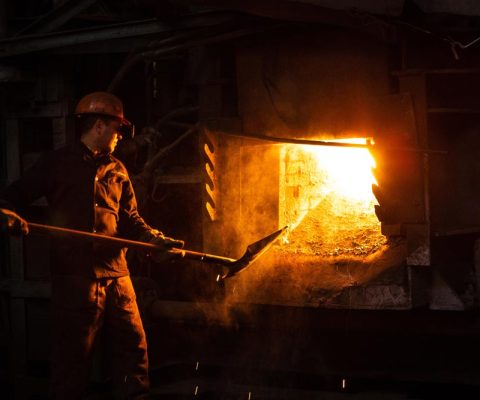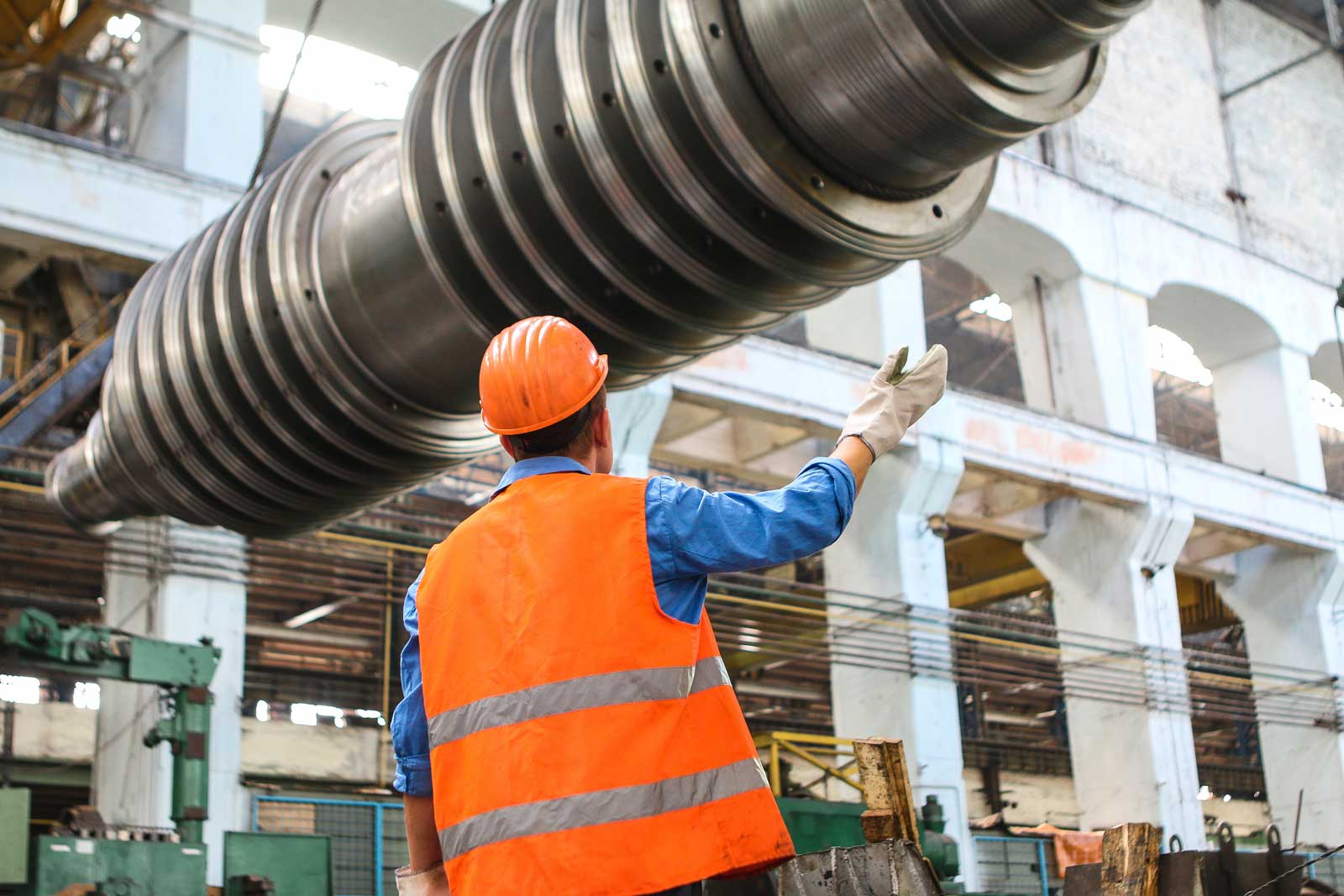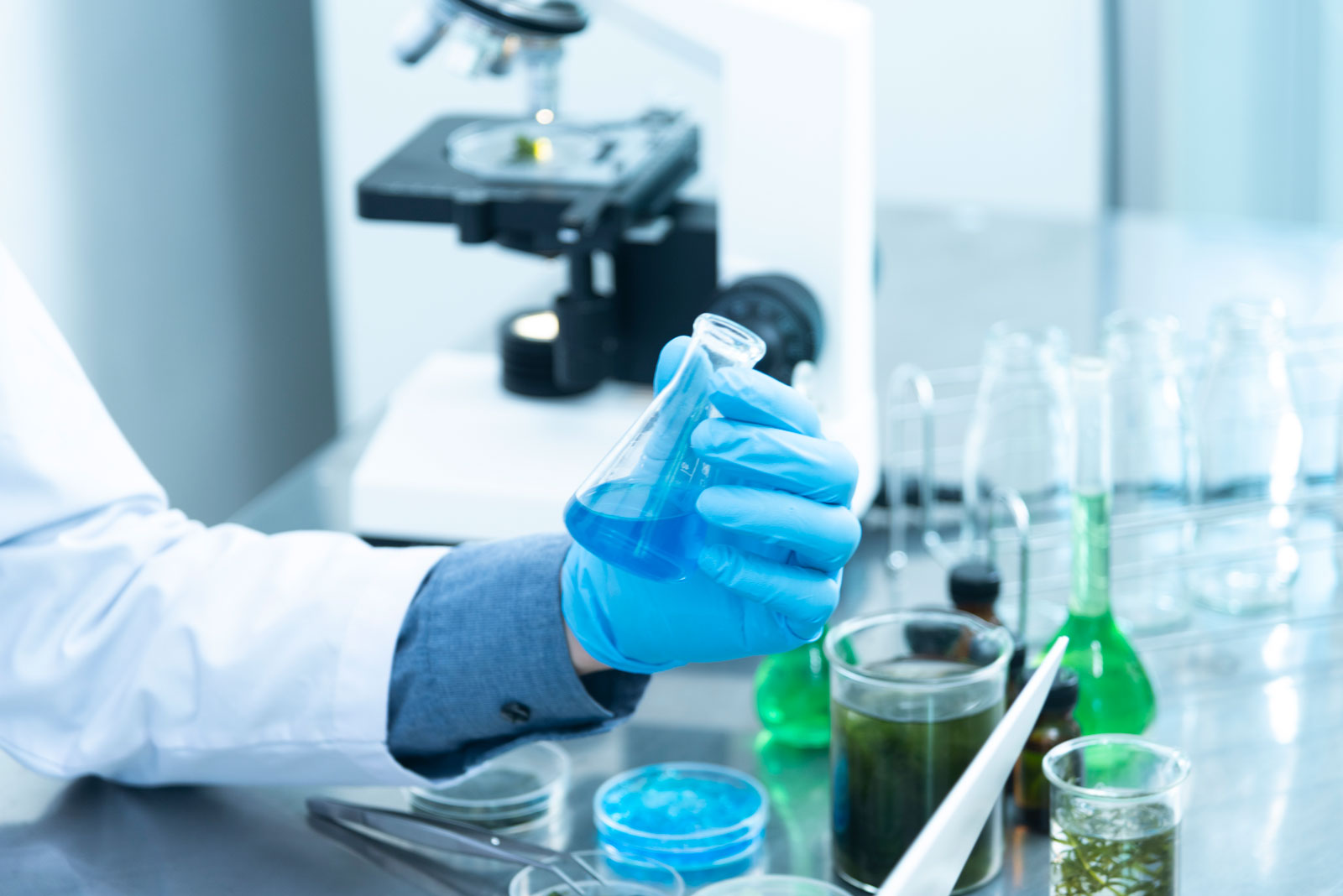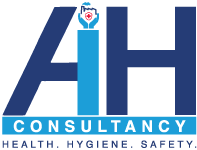- +91 9109521211
- arvind_indhyg2008@yahoo.com
Heat Stress Management
Heat Stress Measurement with Relative humidity & Air velocity Assessment.

Global warming will unquestionably increase the impact of heat on individuals who work in already hot workplaces in hot climate areas. The increasing prevalence of this environmental health risk requires the improvement of assessment methods linked to meteorological data. Such new methods will help to reveal the size of the problem and design appropriate interventions at individual, workplace and societal level. The evaluation of occupational heat stress requires measurement of four thermal climate factors (air temperature, humidity, air velocity and heat radiation); available weather station data may serve this purpose. However, the use of meteorological data for occupational heat stress assessment is limited because weather stations do not traditionally and directly measure some important climate factors, e.g. solar radiation. In addition, local workplace environmental conditions such as local heat sources, metabolic heat production within the human body, and clothing properties, all affect the exchange of heat between the body and the environment. A robust occupational heat stress index should properly address all these factors. This article reviews and highlights a number of selected heat stress indices, indicating their advantages and disadvantages in relation to meteorological data, local workplace environments, body heat production and the use of protective clothing. These heat stress and heat strain indices include Wet Bulb Globe Temperature, Discomfort Index, Predicted Heat Strain index, and Universal Thermal Climate Index. In some cases, individuals may be monitored for heat strain through physiological measurements and medical supervision prior to and during exposure. Relevant protective and preventive strategies for alleviating heat strain are also reviewed and proposed.
Our Approach
Our industrial hygiene consultants are guided not only by a far-reaching grasp of the science and research behind workplace hygiene, but also by a commitment to finding an individual solution for each and every client. This willingness to remain flexible, to adjust to actual, rather than theoretical, conditions is the key to success when addressing industrial hygiene issues.

Our Expereience
We are industrial hygiene consultants committed to promoting employee health.We have cutting-edge tools, abundant resources and extensive experience in the field of industrial hygiene.We specialize in designing innovative, customized solutions to industrial hygiene challenges.

Our Clients
We have extended our services to many
Industries such as JSW, Ambuja Cement, Ultratech Cement, Paradeep Phosphate, CGSPCL, VEDANTA, Hindustan Petroleum and BALCO.

© Copyright 2020 by AIHC.in All Right Reserved.
